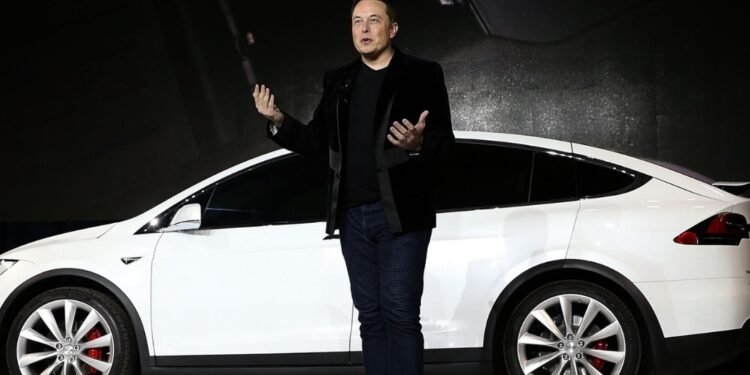Tesla’s self-driving technology is progressing at an astonishing rate, faster than many anticipated. The secret behind Tesla’s rapid advancement lies in its AI and machine learning capabilities. Each Tesla vehicle is equipped with sensors and AI algorithms that allow it to constantly learn and improve from real-world driving data. This unique approach—where each car essentially “learns” from every drive—helps Tesla’s autonomous technology evolve quickly, making its cars increasingly efficient, safe, and advanced.
In the coming decade, experts predict that billions of autonomous vehicles could transform global transportation and reshape entire industries. Additionally, nearly 8 billion robots could take over human labor in various sectors, redefining economies and the workforce.
Today, privately owned cars are underutilized, spending around 90% of their time parked. Autonomous vehicles, however, could change the concept of car ownership entirely. With fleets of robo-taxis available on demand, car ownership may become less common, as people turn to shared, efficient autonomous transport systems.
Tesla’s advancements also promise significant safety benefits. In the U.S. alone, around 40,000 lives are lost annually in car accidents, mostly due to human error. Self-driving technology could drastically reduce these incidents, leading to safer roads and potentially lower car insurance rates.
As Tesla continues to accelerate the autonomous revolution, the future of transportation and the role of cars in our lives appears set for a monumental shift. The future, it seems, is closer than we thought.



 Pakistan Rupee Exchange Rate
Pakistan Rupee Exchange Rate





